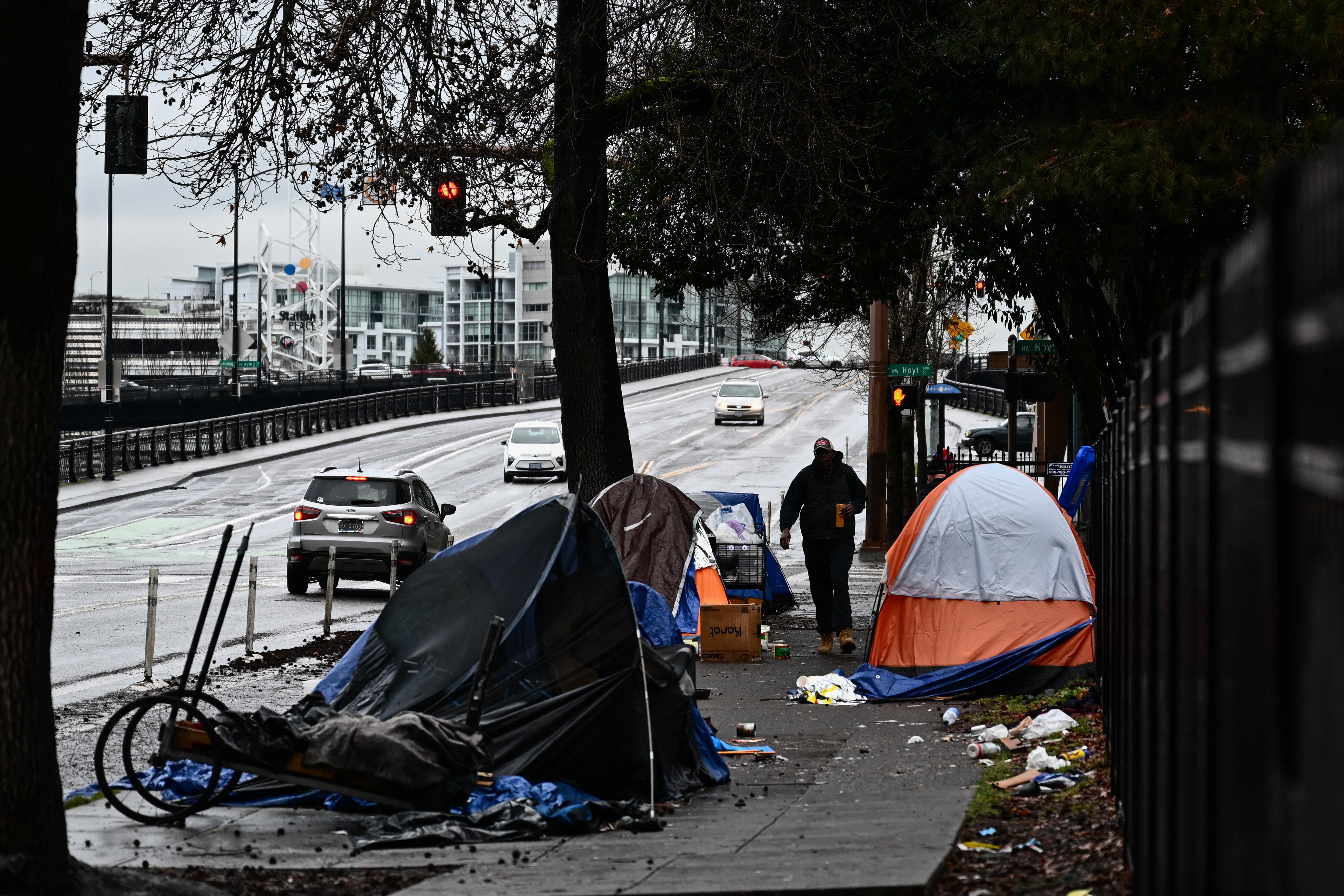Summary
Some Democrats agree with former President Trump's proposal to address homelessness in U.S. cities by increasing the use of civil commitment to provide medical care for addicted and mentally ill individuals. This proposal aims to move people into long-term institutional care, but it has raised concerns among experts about civil liberties.
Key Facts
- Former President Trump wants to address homelessness by increasing the use of civil commitment, which is a legal process that can force people to get medical care.
- Civil commitment laws already exist in most states and are used when people are considered a direct threat to themselves or others.
- Trump's plan includes moving homeless individuals with severe mental illness or addiction into long-term care facilities.
- Some Democrats also support expanding civil commitment to tackle the issue of homelessness.
- Concerns have been raised by experts about the impact on civil liberties and whether sufficient care facilities exist.
- Portland, Oregon is highlighted as an example where homelessness and addiction are visible issues.
- Local businesses and residents like Logan Whalen express frustration about homelessness but are unsure if forced institutionalization is the solution.
- Trump's plan is part of a broader effort to clean up cities he describes as overrun by homelessness and crime.

